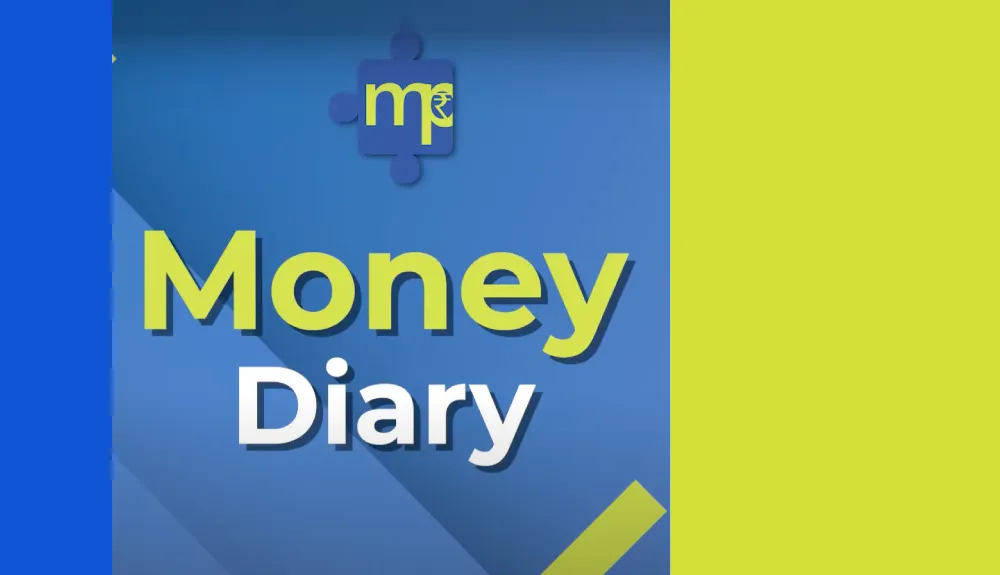This is one of those money decisions which is almost always answered emotionally rather
than logically. However, in being carried away by emotions you may end up damaging your
financial future and adding on needless stress to perform professionally too.
This can happen if in the emotion to buy your own home, you end up financing 80%-90% of
the home value with a large-sized loan. The single-minded pursuit of ‘own home’ can make
us overlook many other factors which are involved.
While there is no set formula, you know you are ready to buy when you are sure of the city,
locality, and micro-community you want to spend your life in. You are ready to buy when you
can finance at least 50%-60% of the home value with your savings. You are ready to buy
when you have stability in your job and steady visibility of future income.
While buying a house will always be an emotional decision, try not to get carried away by
real estate market trends, interest rate offers by banks, and fancy marketing by developers
and builders.
Once made, this decision is hard to reverse if you are unsatisfied with the developer or your
own choice. Hence, do not rush into buying your own home, it’s better to wait and balance
out this emotional decision with some reasonable logic too.
Also read:
-
How to reach financial freedom

What does it mean when you say that you’re working towards financial freedom? Freedom from what? This term is overused and highly misunderstood. Financial freedom sounds like you must accumulate a certain sum of money to attain some sort of monetary nirvana early in life and then you will be free. It’s the two words…
-
Money Diary – What should you do when markets correct?

Hugely inspired and slightly borrowed from Rick Kahler, MS, CFP, CFT-I, CeFT, CCIM and his The Financial Therapy Podcast. This video is for Indian investors who are confused about what to do in today’s volatile market conditions and how to make use of the correction. Four Easy Steps to follow for clarity on what you…
-
What is the best tax-saving investment? − Money Essentials #10

When choosing where to invest for saving tax, why not also think of the most efficient investmentAn investment is made to give you a return. You make an investment if you use your money to buy either physical assets like property or financial assets like bonds and equity with an aim to receive income or gains... More considering the balance of both risk and return. There are several tax-saving investments like public provident fund (PPF), unit-linked insurance plans (ULIPs), national pension scheme (NPS), national savings certificate (NSC), equity-linked savings scheme (ELSS), long term fixed deposits,…

